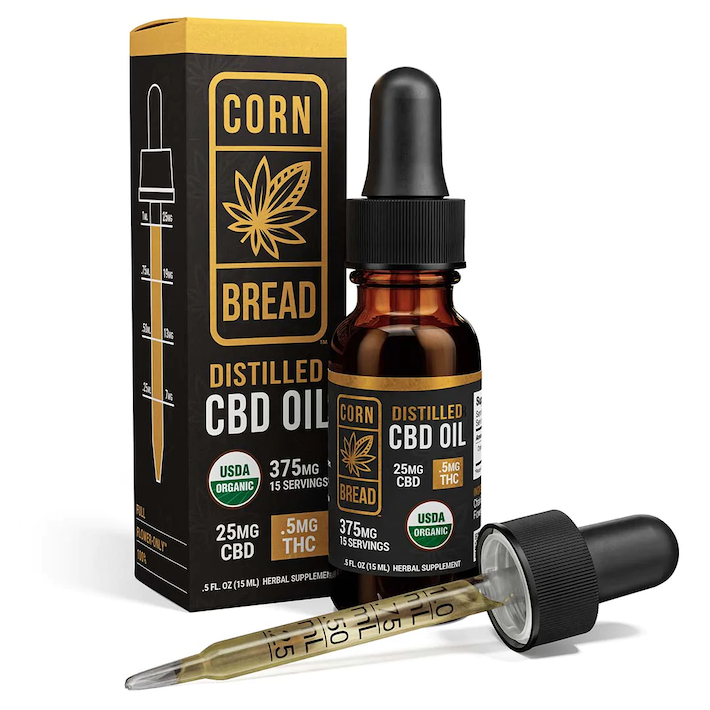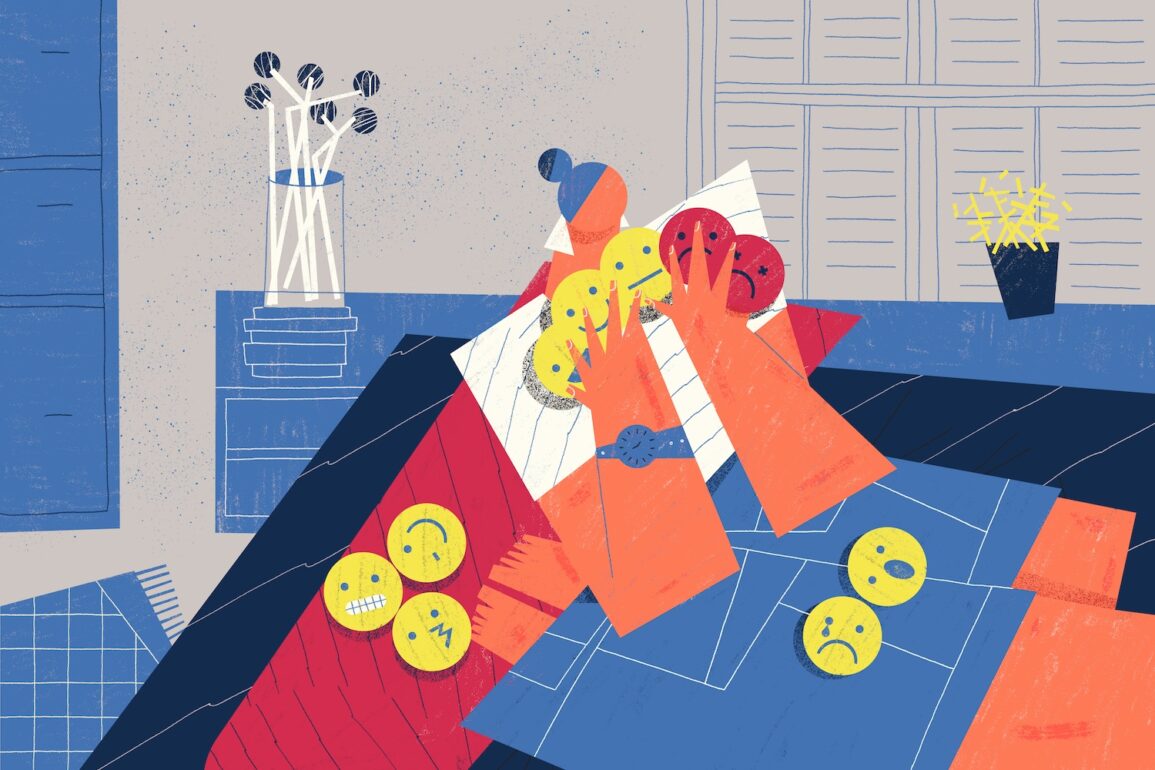Depression affects millions of people globally, prompting many to seek alternative treatments. Cannabidiol (CBD), a compound found in cannabis, has garnered attention for its potential to alleviate symptoms of depression. This article explores how CBD might help with depression, including its benefits, potential side effects, and what patients should know before trying it.
What Is CBD?
CBD is a non-psychoactive compound found in cannabis plants, distinct from tetrahydrocannabinol (THC), which produces a “high.” CBD interacts with the body’s endocannabinoid system (ECS), which plays a role in regulating mood, pain, and other functions.
How CBD May Help with Depression
1. Affects Serotonin Levels
Serotonin is a neurotransmitter that plays a crucial role in mood regulation. Low serotonin levels are commonly associated with depression. Some studies suggest that CBD can influence how the brain’s chemical receptors respond to serotonin, potentially boosting mood and alleviating depressive symptoms.
2. Reduces Anxiety
Anxiety often coexists with depression, and reducing anxiety can significantly improve depressive symptoms. CBD has been shown to have anxiolytic (anxiety-reducing) properties, which can help create a calmer state of mind and reduce the overwhelming feelings associated with depression.
3. Promotes Neurogenesis
Depression has been linked to decreased neurogenesis (the formation of new neurons) in the hippocampus, a brain region involved in mood regulation. Some animal studies suggest that CBD may promote neurogenesis, potentially helping to alleviate depression.
How to Use CBD for Depression
1. Determine the Right Dosage
CBD’s effects can vary widely between individuals, so finding the right dosage is crucial. It’s recommended to start with a low dose and gradually increase until the desired effects are achieved. Consulting with a healthcare provider can help determine the appropriate dosage.
2. Choose the Right Product
CBD is available in various forms, including oils, tinctures, capsules, edibles, and vapes. Each form has different onset times and durations of effect:
- Oils and Tinctures: Taken sublingually (under the tongue) for quick relief.
- Capsules and Edibles: Take longer to take effect but provide longer-lasting relief.
- Vapes: Provide the fastest relief but have a shorter duration of effect.
3. Consistency is Key
Using CBD consistently can help maintain stable levels in the body, which might be more effective for managing chronic conditions like depression. Regular use can help build up its effects over time.
Potential Side Effects of CBD
1. Dry Mouth
CBD can reduce saliva production, leading to dry mouth. Staying hydrated and drinking plenty of water can help alleviate this symptom.
2. Drowsiness
CBD can cause drowsiness, especially at higher doses. If you experience drowsiness, consider adjusting your dosage or timing of use.
3. Gastrointestinal Issues
Some people may experience gastrointestinal issues such as nausea or diarrhea. These side effects are usually mild and temporary but can be minimized by starting with a low dose.
4. Interactions with Medications
CBD can interact with certain medications, particularly those metabolized by the liver’s cytochrome P450 enzyme system. These interactions can affect the effectiveness of the medications or increase the risk of side effects. It’s crucial to consult with a healthcare provider before combining CBD with other medications.
Conclusion
CBD shows promise as a potential treatment for depression, offering benefits such as reducing anxiety, influencing serotonin levels, and promoting neurogenesis. However, it is essential to approach its use with caution and under the guidance of a healthcare provider. Starting with a low dose, choosing the right product, and using it consistently can help maximize the benefits of CBD for depression.
Cornbread Hemp Whole Flower USDA Organic CBD Oil

Scientific Research on CBD & Cannabis for Depression
- Endocannabinoid system dysfunction in mood and related disorders
- Antidepressant-like and anxiolytic-like effects of CBD
- The endocannabinoid system and the treatment of mood and anxiety disorders
- Endocannabinoid signaling in the etiology and treatment of major depressive illness
- Antidepressant-like effects of cannabidiol in mice: Possible involvement of 5-HT1A receptors
- Putative role of endocannabinoid signaling in the etiology of depression and actions of antidepressants
- Antidepressant-like effect of delta9-tetrahydrocannabinol and other cannabinoids isolated from Cannabis sativa
- Circulating endocannabinoids and N-acyl ethanolamines are differentially regulated in major depression and following exposure to social stress
- Serum contents of endocannabinoids are correlated with blood pressure in depressed women
- The therapeutic potential of the endocannabinoid system for the development of a novel class of antidepressants
- Antidepressants and changes in concentration of endocannabinoids and n-acylethanolamines in rat brain structures
- Cannabidiol induces rapid-acting antidepressant-like effects and enhances cortical 5-HT/glutamate neurotransmission: role of 5-HT1A receptors
- Prohedonic effect of CBD in a rat model of depression
- Antidepressant-like and anxiolytic-like effects of CBD

